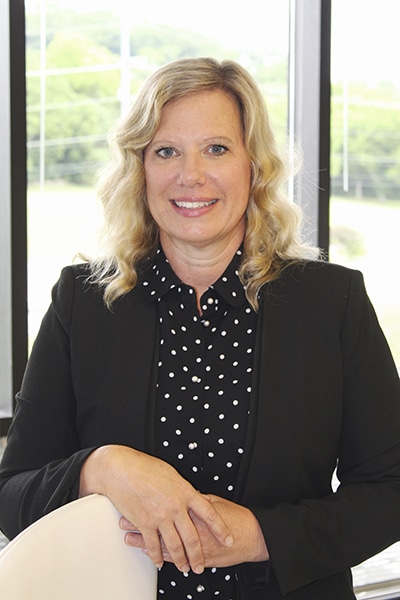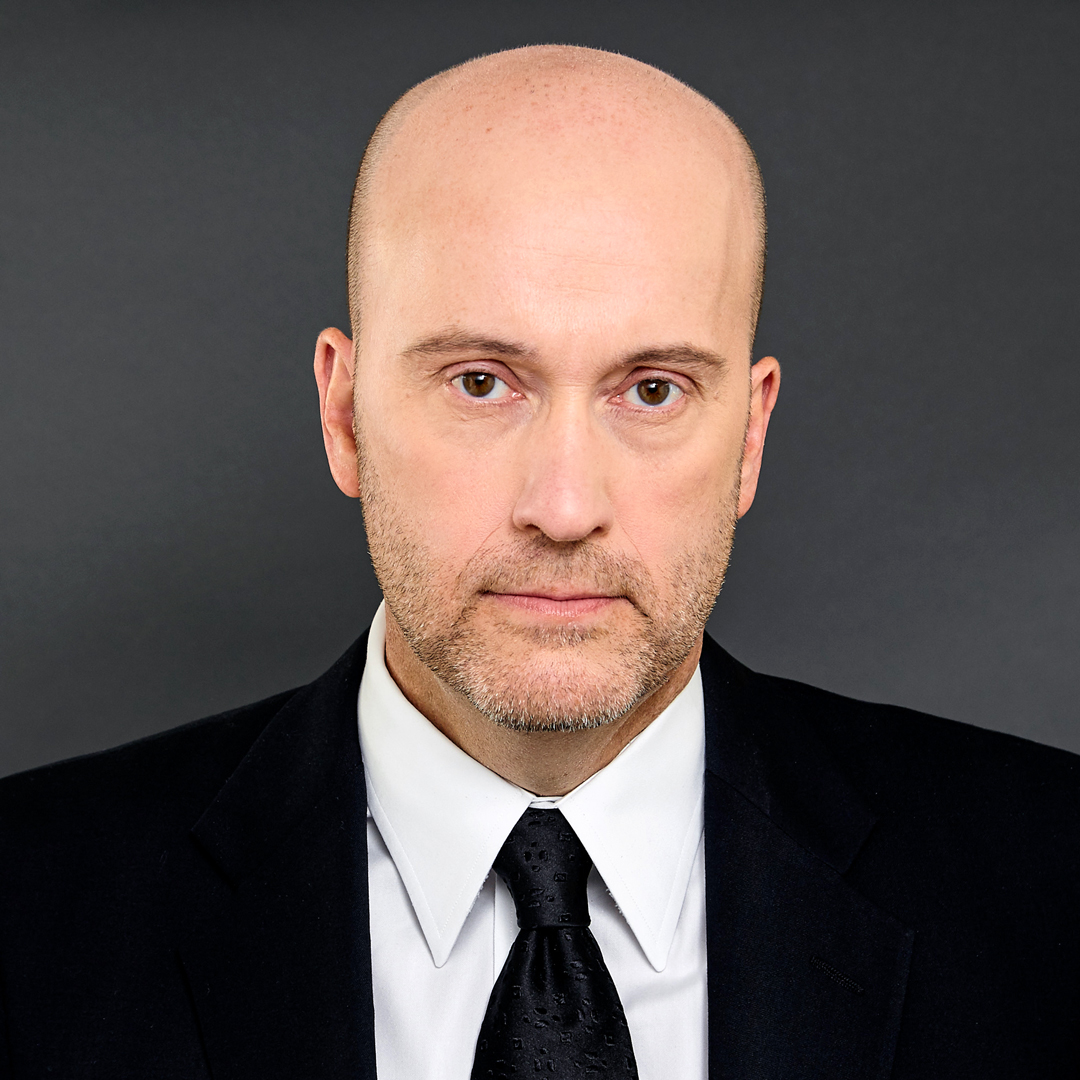Court cases ruled in the 1960s and 1970s granted incarcerated persons a constitutional right to healthcare. Responding to this demand, Corizon Health has managed healthcare in many prisons and jails for over forty years. According to Jennifer Finger, assistant general counsel for Corizon, the goal for the company is simple: “provide safe, effective, and efficient care.”
Corizon Health contracts with over twenty sheriff departments and eight state departments of corrections to staff facilities with doctors, nurses, and other medical professionals. As of March 2019, they work with thirty-one clients in seventeen states, overseeing 215 facilities with 179,000 prisoners.

The legal team, consisting of Finger, the general counsel, two other attorneys, and two paralegals, develop and guide these contracts throughout the country. Following the general counsel’s lead, the department, Finger says, has a collaborative culture, where individuals work together to solve similar cases while focusing on different territories. Following on the heels of her previous role in a company where she was the sole attorney on staff, Corizon’s larger, more established department offers the opportunity to develop relationships that enhance strategy and efficacy.
Beyond the collaboration within the team, the legal arm of Corizon sees themselves as advisors to business units as they help other staff members make business decisions. Finger brings knowledge and focus to the task of minimizing risk in order to support the company as a whole. Naturally, this business engagement role has developed over time as the benefits of such relationships became clear.
To spur interdepartmental work and ensure she functions outside of a silo, Finger acts as part of a risk management committee that meets monthly and includes individuals from nursing, medical, and other divisions. This collaboration allows the company to respond quickly to concerns. Acknowledging that information and facts from a lawsuit can take years to come to light and to parse, Finger constantly seeks to find other information that can help inform decisions. She says that it’s better to “gather points of information from all of the company. Working collaboratively to identify trends can determine how to respond.” Together, the team uses many data forces to understand trends and comparisons. With this information, they explore issues that extend throughout Corizon’s structure, including developing and revisiting training, refreshers, and layers of best practices.
Finger attributes Corizon’s ability to be effective and efficient in realizing goals attributes to its status as one of the oldest companies in the industry. She especially points to established mental and behavioral health practices that are critical to have in place when working with an incarcerated population, as a large portion of the individuals that receive care from Corizon need this specialized support. This history and resulting protocol are part of what excites Finger about working at Corizon. She says, “I like the idea of working with a company that provides assistance, that does something to better the lives of people.”
Finger’s work specifically focuses on developing preventative care. She says the intent around Corizon providing necessary and effective care is to prevent catastrophic events or disease progression, which is best achieved through offering healthcare on a regular basis. “It is more cost-effective to not withhold care from those who need it,” she says.
“People know me and want to come to me. This increased trust means I can do a good job.”
Along with issues of client contracts and risk management, Finger also works on legal concerns with employees. However, she sees this work as integrated into the same overarching focus. She says, “All the work I do goes towards the common goal: good care.” Finger is proud of negotiations she has been involved with that have reduced risk for the company. She has been able to take the lead on issues that could have been a concern for the company, including a recent suit brought against Corizon by the Equal Employment Opportunity Commission (EEOC).
Regardless of the challenge, Finger channels the relationships she’s established within the company to drive toward success. “People know me and want to come to me. This increased trust means I can do a good job,” she says. At every level of her engagement with the company, this focus on relationship-building is core to Finger’s methodology and legal achievements. In fact, it’s a large part of why she transitioned in-house.
While Finger sees Corizon shaping its model around preventative care, she works to create structures within the company that will allow for continued risk prevention. Central to achieving her goals are communication and engagement. “It’s important to have trust, and some faith. Know people and be involved—be a resource,” she says. As she looks forward in her career, she says that she is excited to “continue to work with people and develop trust.”
For more than a decade, Ogletree Deakins has partnered with Corizon Health on a full range of matters related to the employment relationship. Jennifer Finger is a crucial member of Corizon’s legal team, and this honor is well deserved. We look forward to continuing our partnership with Corizon in the years to come!
Littler congratulates Jennifer Finger at Corizon Health for her accomplishments & contributions to the legal profession. We are proud to call her our partner in business. Littler.com


